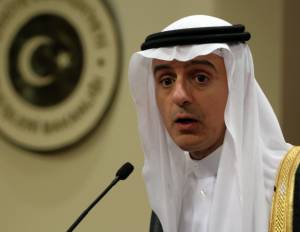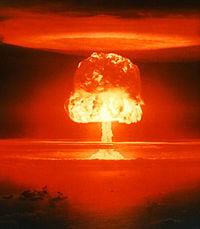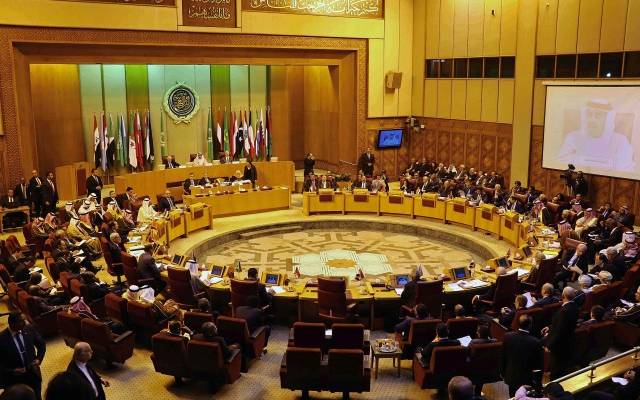Tensions in the Middle East remain high as the battle lines are drawn between sectarian factions within Islam.
Arab foreign ministers, with the exception of Lebanon, condemned in a Sunday statement what they called Iran’s meddling in Arab affairs.
The ministers accused Iran of breaking international agreements by intentionally failing to protect Saudi diplomatic posts in a statement issued following a closed emergency meeting.
Lebanon, which has a large Shiite population and is home to the powerful Shiite Hezbollah terror group, was the only dissenting voice. Lebanese Foreign Minister Gibran Bassil said in a statement that his country had rejected the statement because it also condemned Hezbollah over alleged interference in Bahrain.
Protesters in Tehran stormed the Saudi Embassy and a Saudi consulate elsewhere in the country after Saudi Arabia executed Sheikh Nimr al-Nimr, a prominent Shiite cleric and opposition leader, earlier this month.
Emirati Foreign Minister Sheikh Abdullah bin Zayed Al Nahyan who led the emergency meeting said the embassy attack “took place under the nose and within the earshot of security forces.”
Saudi’s Arabia’s Foreign Minister Adel al-Jubeir said that Arab nations would “confront” the Islamic Republic if it does not change its ways, without elaborating. Arab League Chief Nabil Elaraby said the region’s foreign ministers will discuss the “steps” they can take against Iran in future meetings over the next two months. Al-Jubier added that there was no real timeline for such measures.
“We don’t want conflict. We don’t want war,” the UAE’s Al Nahyan told reporters.
Sunday’s session was requested by Saudi Arabia to discuss the attacks. The ensuing crisis has seen Saudi Arabia and several Arab states cut or downgrade diplomatic ties with Iran.

Saudi Arabia’s Foreign Minister Adel al-Jubeir.(AP/Burhan Ozbilici)
“Iran doesn’t have qualms and doesn’t hesitate to using the sectarian card as a way to dominate the region, and interfering in the internal affairs of Arab countries,” Al Nahyan said at the opening ceremony.
In the closing press conference, al-Jubeir stressed that Iran has no right to speak out for Shiite minorities in the region because at the end of the day they are Arab citizens.
“The attacks came after inciting statements from Iranian officials against the kingdom,” al-Jubair told fellow ambassadors in opening remarks before the session was closed to reporters. “What happened was not because of the execution of a Saudi citizen,” the minister said, referring to al-Nimr.
He added that tensions with Iran only began after the 1979 Islamic Revolution which overthrew the secular Iranian Shah Mohammad Reza Pahlavi and brought to power a conservative Shiite Islamic regime.
The kingdom’s move comes despite Iran’s recent letter to the U.N. saying Tehran has no desire to escalate tensions and that the Saudis must make a “crucial choice” — either promote sectarian hatred or promote good neighborliness and regional stability.
By: AP

Sign the Petition to Stop a Nuclear Iran
The US Congress must ensure that sanctions against Iran remain in force until the nuclear threat is completely eliminated.
I strongly oppose easing sanctions before the nuclear threat from Iran has been eliminated. Allowing Iran to enrich uranium without being subject to 'anytime, anywhere' inspections is extremely dangerous and unacceptable. Iran's nuclear program must be stopped.
See our Privacy Policy

